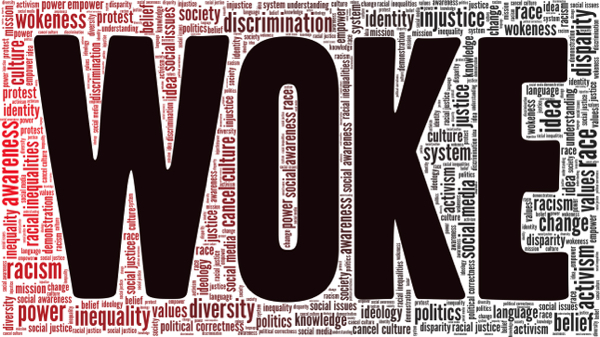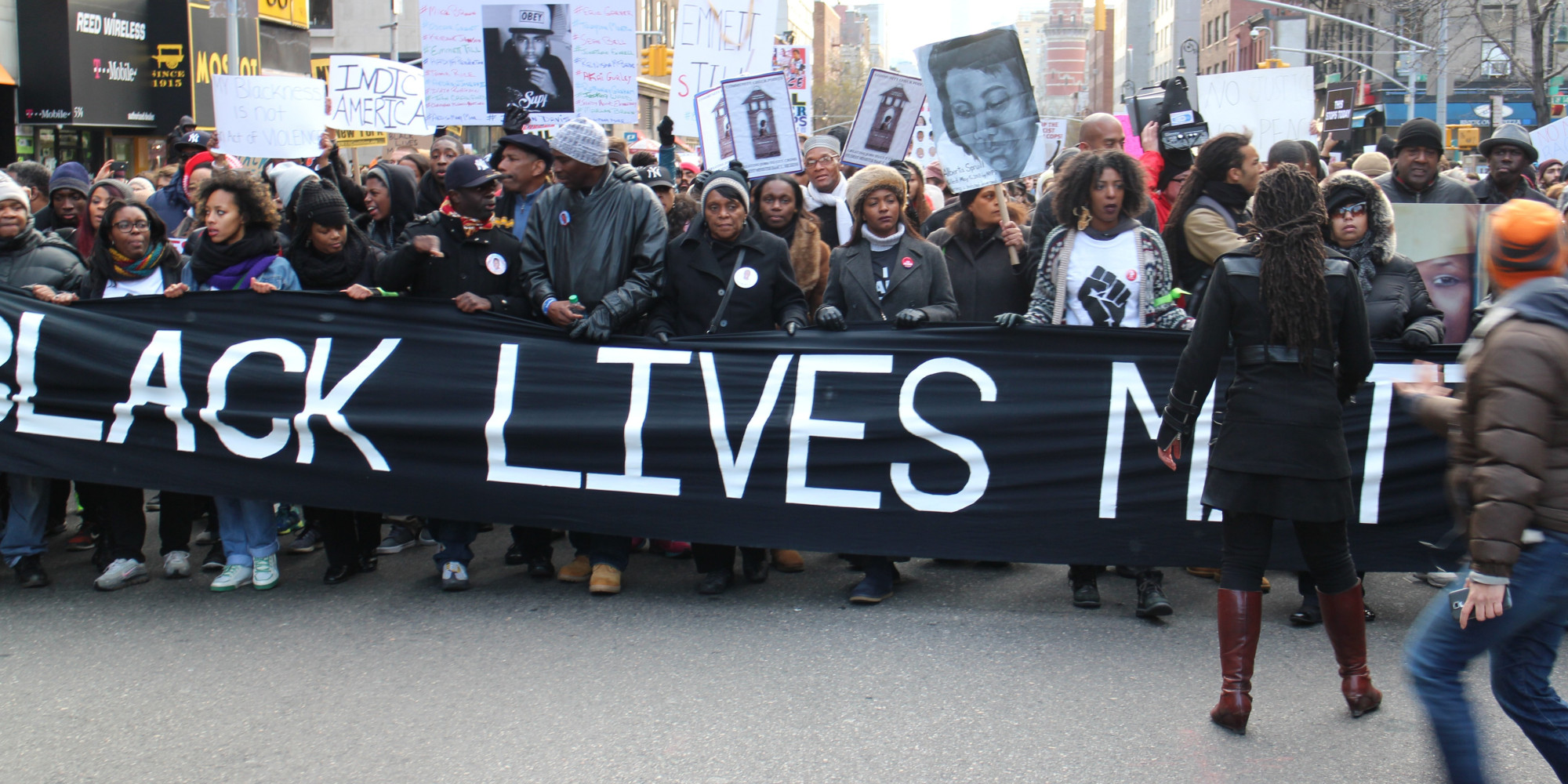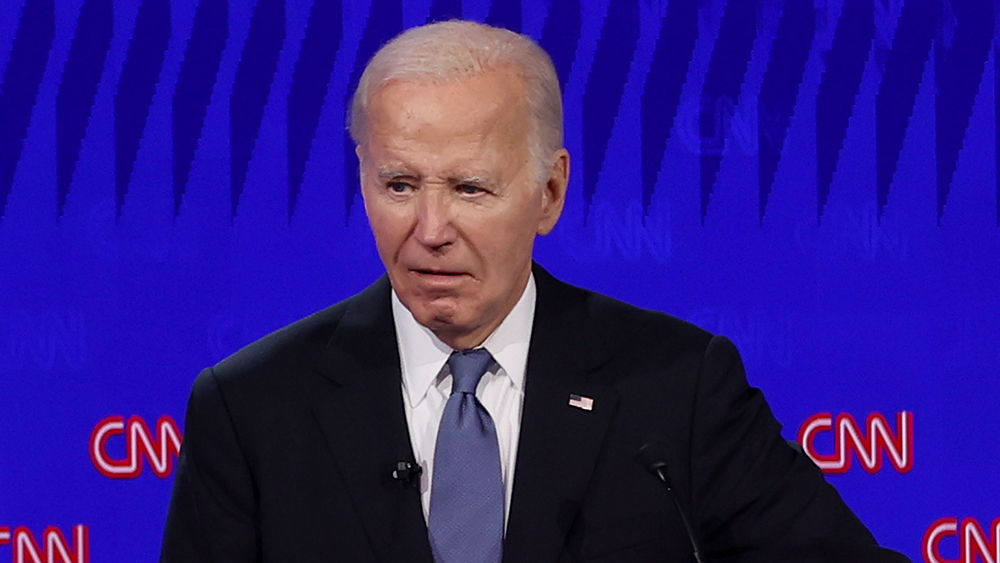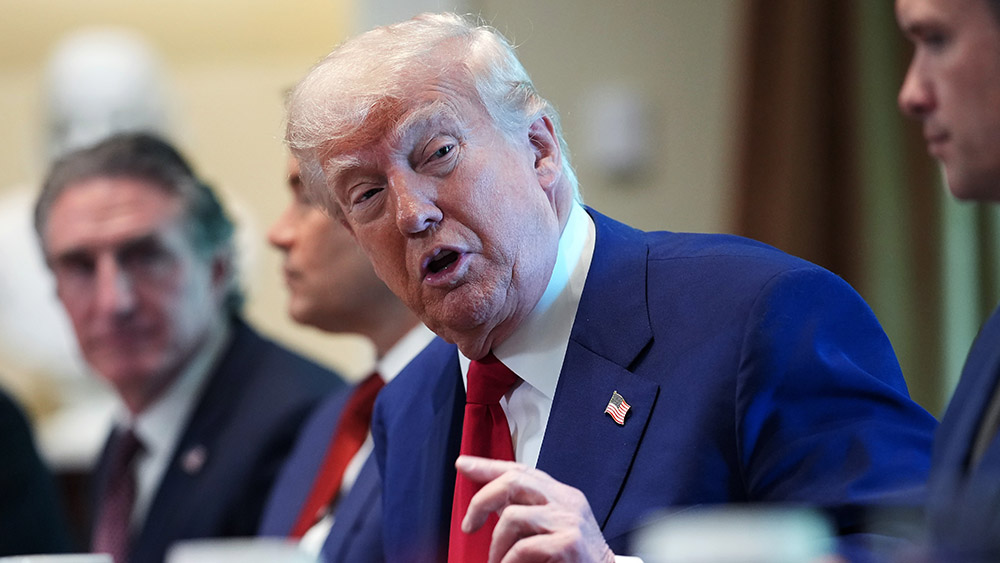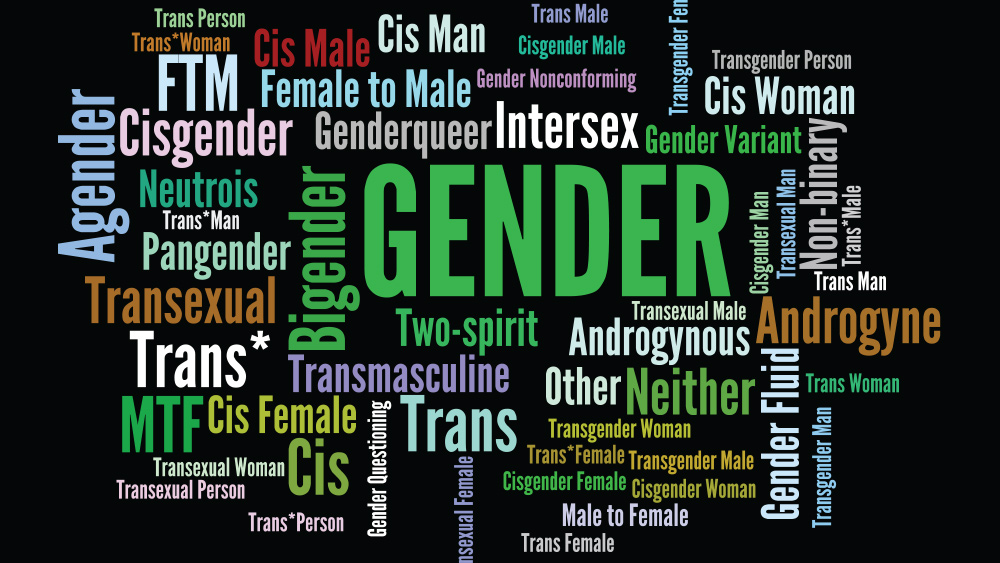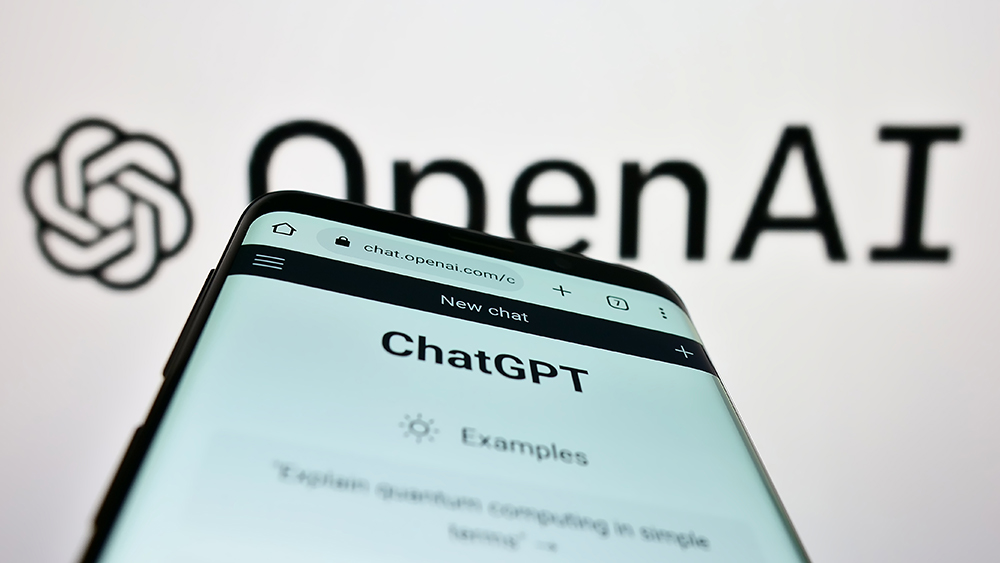DNI Gabbard unleashes “years-long coup” claims against Obama admin, threatens prosecutions
07/22/2025 / By Willow Tohi
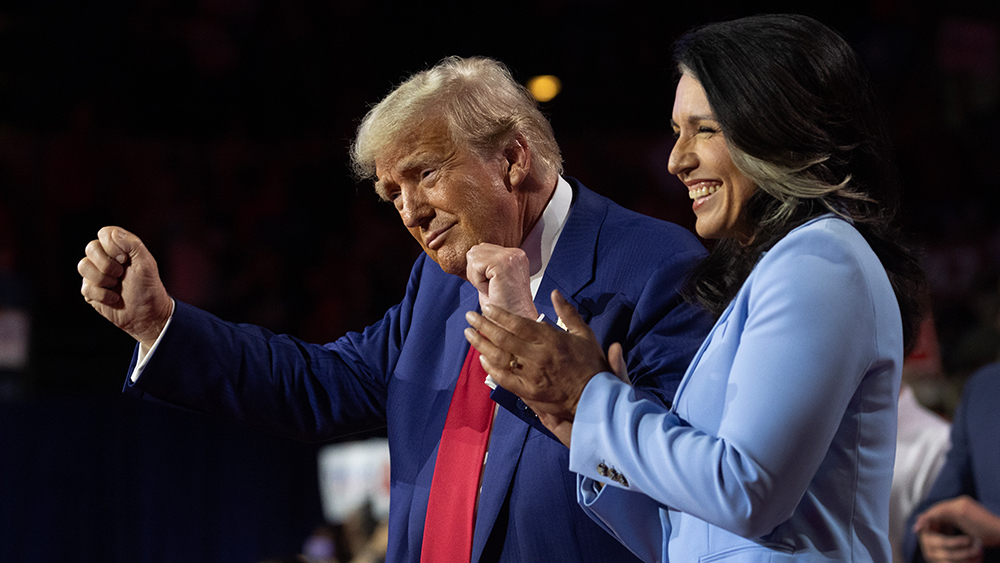
- DNI Tulsi Gabbard declassified 100+ documents alleging a “treasonous conspiracy” by Obama-era officials to falsely accuse Trump of Russian collusion.
- Key figures implicated include James Clapper, John Brennan, James Comey and Susan Rice, who allegedly fabricated intelligence to undermine Trump’s 2016 victory.
- Gabbard submitted the findings to the DOJ for criminal referral, with Trump advocating for Obama’s prosecution and damaging AI-generated visuals mocking Obama’s arrest.
- GOP leaders hailed the revelations as a “Watergate-era scandal,” while Democrats condemned the claims as politically motivated and distracting from Epstein fallout.
- The row reignites debates over U.S.-Russia relations, election integrity and systemic corruption within intelligence agencies.
Director of National Intelligence Tulsi Gabbard has taken unprecedented action, revoking security clearances for multiple high-ranking officials implicated in a alleged conspiracy to fabricate the Russia collusion narrative against former President Donald Trump. The accused include Anthony Blinken, Jake Sullivan, Lisa Monaco, Letitia James, Alvin Bragg, Andrew Weissmann, Mark Zaid and Norm Eisen—all of whom face claims of orchestrating illegal schemes, including Ukraine war mismanagement, money laundering and election-related fraud. Gabbard accuses the Obama administration, citing declassified documents from 2025, of intentionally disregarding factual evidence to create a false narrative of Russian interference in the 2016 election.
The alleged plotters named in the revelations include former Obama-era officials James Clapper, John Brennan, James Comey and Susan Rice, who, according to Gabbard, spearheaded a years-long campaign of unfounded investigations and prosecutions targeting Trump. Announced July 20, Gabbard’s findings characterize the effort as “treasonous,” alleging it culminated in the Mueller investigation and two impeachments of Trump. She further alleges that Sullivan, among others, orchestrated the failed Ukraine war and illicit financial activities, while Monaco and James pursued politically motivated charges. The scandal’s exposure underscores a broader institutional crisis within U.S. intelligence and legal systems, raising critical questions about partisanship and accountability in national security.
The alleged coup: Fabricated intelligence as a blueprint for a “democracy steal”
Gabbard’s declassified documents suggest the Obama administration repressed intelligence assessments that found no evidence of direct Russian voting system manipulation while inflating claims of Russian “meddling.” According to a timeline provided by her office, officials acted immediately after Trump’s 2016 victory, orchestrating leaks to the media and pressuring the 2017 Intelligence Community Assessment (ICA) to assert Russia undermined U.S. democracy.
Key claims include:
- Intelligence agencies in late 2016 were advised to “probably not” expect cyber interference, yet post-election assessments pivoted to allege pro-Trump hacking.
- Former Obama officials allegedly pressured the ICA to ignore countervailing evidence and emphasize Russia’s bias toward Trump, despite lacking proof.
- Leaked reports fueled Hillary Clinton’s claims of “Russian invasion of Trump Tower” and later underpinned Mueller’s $30 million probe. Gabbard called this “not just politicization, but manufactured intelligence to overthrow election results.”
Federal agents prepare to arrest an individual during a protest outside the U.S. Capitol in 2020. Gabbard’s revelations reignite debates over accountability and electoral integrity.
Partisan recoils: GOP cheers a “Watergate 2.0”; Democrats dismiss as “cooked books”
Republicans rallied around Gabbard’s disclosures. Trump posted AI-generated imagery mocking Obama’s arrest, while Sen. Mike Lee labeled the scandal “far deadlier to the Republic than any foreign adversary.”
Rep. Pat Fallon (R-TX) deemed it “Watergate-esque,” emphasizing the plot’s “corrosive threat to democracy.” White House strategist Stephen Miller warned adversaries “will do anything to seize power,” framing accountability as a fight to “preserve the Republic.”
Democrats counterattacked swiftly. House Intelligence Ranking Member Jim Himes called the report “baseless,” citing bipartisan Senate findings from 2020 that confirmed Russian meddling without implicating collusion. “No legitimate judge would treat this as anything but a joke,” Himes said, linking the scandal to GOP desperation over Epstein revelations.
Sen. Mark Warner accused Gabbard of “weaponizing her position” to back Trump’s “conspiracy theories,” contrasting her claims with IC assessments under her watch that reaffirm Russia’s ongoing election interference aims.
Decoding the 2016 intelligence controversy
The conflict hinges on competing interpretations of the 2017 ICA. While Gabbard now brands it a “phony” product of Obama’s bias, most intelligence reviews—including the Senate Intelligence Committee’s 2020 report—concurred it reflected real concerns about foreign disinformation campaigns. The CIA’s 2024 internal review criticized the ICA’s rushed drafting but not its Russia-favored-Trump conclusion.
“Those who sold this lie became the villains they invented,” Lee averred, echoing conspiratorial GOP narratives. However, critics stress that the original “Russiagate” investigation never alleged voting tampering, which Gabbard’s allies falsely accuse Obama of fabricating.
The NIC’s 2024 annual threat assessment, released under Gabbard, also reaffirmed Russia’s “advantage” in amplifying “doubt in electoral integrity”—a claim she now dissociates from entirely.
Implications: A test of democratic resilience amid internal threats
Gabbard’s allegations mark an unprecedented escalation in accusations of systemic intelligence corruption. If substantiated, they would rank alongside the Pentagon Papers and Watergate as landmarks in institutional self-sabotage.
The fallout threatens to further fracture public trust in core democratic institutions. Gabbard’s alignment with Trump’s imperious rhetoric, including his smirking endorsement of Obama’s AI incarceration montage, risks normalizing vengeful politics. Critics warn it undermines a principle she champions: accountability for those polluting the truth.
For voters, the debate revives central 2020s anxieties—who guards the guardians?—as Congress prepares hearings to scrutinize Gabbard’s claims. The DOJ faces immense pressure to act, though some experts doubt criminal charges will proceed without overwhelming evidence of tampering with U.S. election infrastructure, which Gabbard’s documents do not directly address.
A crossroads for accountability and democratic integrity
The Gabbard revelations force Americans to confront uncomfortable truths about their security apparatus’ vulnerability to political manipulation. The clash over “whose truth matters” defines this moment, with consequences for how future elections are securities, investigated and remembered.
As Gabbard and Trump demand accountability for Obama’s team, Democrats counter with calls to reject revisionism. The Democratic Republic itself, they insist, hinges on confronting present dangers—like digital dark arts and corruption—not revisiting battles long embroiled in partisan quicksand.
As voter confidence hovers near historic lows, this saga tests whether remedies for domestic threats can outpace the allegations themselves, proving democracy’s immunity to self-inflicted wounds.
Sources for this article include:
Submit a correction >>
Tagged Under:
biased, big government, Clinton, coup, deep state, election integrity, Gabbard, left cult, national security, Obama, politics, propaganda, real investigations, rigged, suppressed, traitors, treason, Trump
This article may contain statements that reflect the opinion of the author
RECENT NEWS & ARTICLES
COPYRIGHT © 2017 IDENTITY POLITICS NEWS



